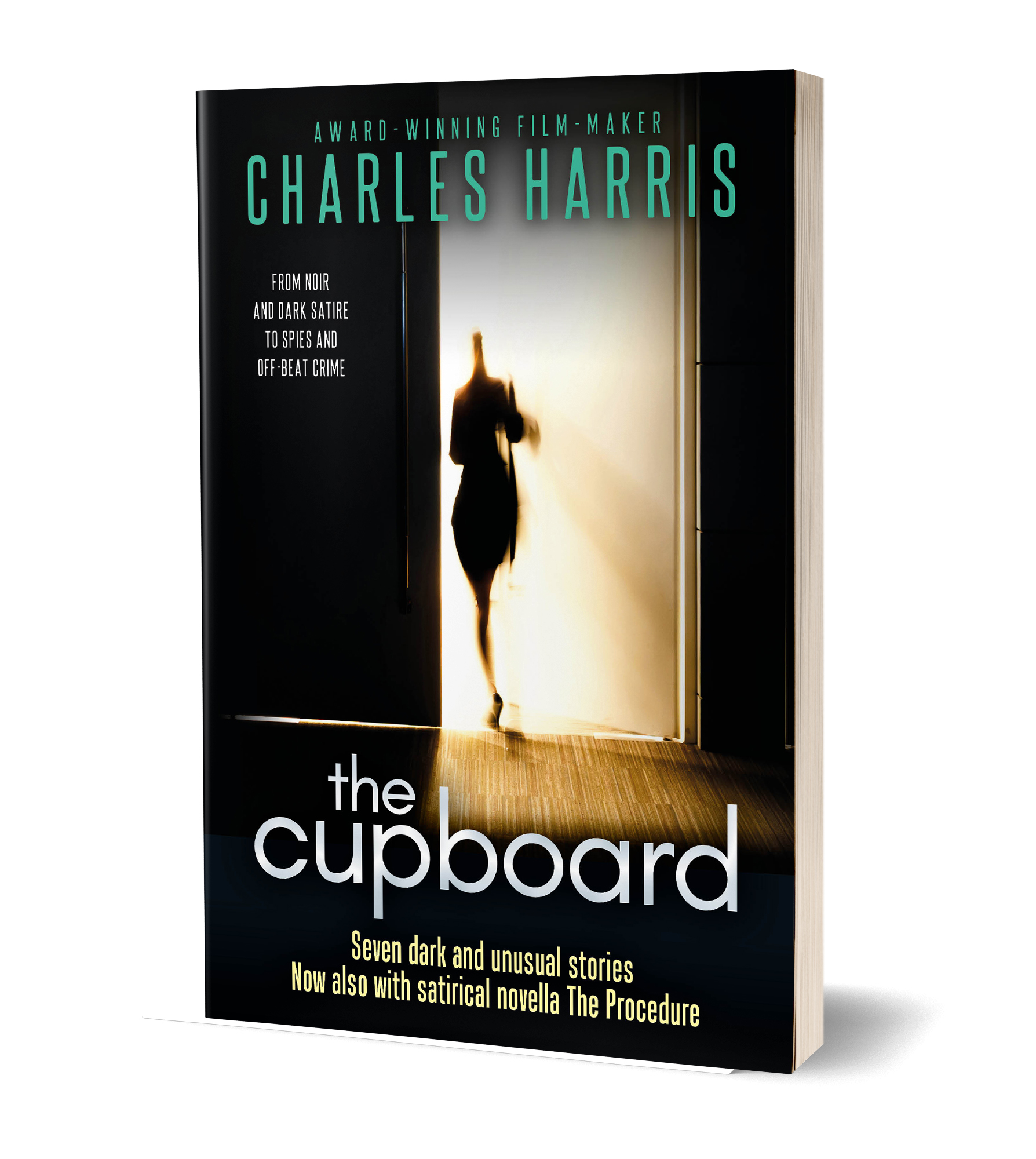Two simple ways to add power to your pitching
10 Tuesday Sep 2013
Tags
altruism, Aristotle, Basil Fawlty, character, Hamlet, Notting Hill, pitch, protagonist, selling, The Shawshank Redemption, The West Wing, Tootsie, unjust misfortune
If you want to pitch with power, here are two powerful ingredients for successful pitching that are too often overlooked:
1. Unjust misfortune
Hamlet wants revenge against Claudius for taking his father’s place on the throne and in his mother’s bed. But, even more powerfully, none of this is Hamlet’s fault. His father was murdered. Moreover, Hamlet never sought out this awful task. It’s his misfortune that he has been called on, despite being entirely the wrong person for the job.
Almost every film or TV programme uses unjust misfortune to powerful effect, both when writing and pitching. But for some reason it’s hardly ever taught as an essential for successful pitching. Despite the fact that Aristotle wrote about it over two thousand years ago.
You can use it in any genre of story. It can be central to the plot, or simply add juice to a situation.
In The West Wing, Jed Bartlet suffers from media distortions, leaks, assassination attempts and, of course, his ongoing MS.
Michael Dorsey in Tootsie is unfairly treated at auditions and in jobs. Kim Wilde (Getting On) has to suffer from incompetent colleagues and impossible patients. Basil Fawlty has to put up with the disasters wrought by Manuel. Andy Dufresne is unjustly imprisoned (Shawshank Redemption). It’s not William Thacker’s fault that he falls in love with a film star in Notting Hill. None of these would be so effective to pitch without the injustice.
Action to take: Ask yourself, does your central character have to face unjust misfortune? Would it be stronger if she did? Do you mention it in your pitch? How would your pitch sound if you did?
2. Altruism
Does your central character act purely for himself or for others? Another best-kept professional secret, almost every successful protagonist (aside from anti-heroes) acts at least partly for the good of others. Altruism is an enormously powerful tool for a screenwriter.
Hamlet isn’t just taking revenge for himself – he’s doing it for his father. Specifically, his father’s ghost.
Bartlet isn’t fighting to stay in power merely for himself, but constantly debates the best way to help others.
Michael Dorsey cross-dresses to help his flatmate put on his play. Nurse Wilde, despite her cynicism, does actually want to do some good. Andy Dufresne goes out of his way to help his fellow inmates. William Thacker is as much concerned with Anna Scott’s happiness as with his own. (Basil Fawlty, an anti-hero, doesn’t do altruism very much..!)
Action to take: Ask, is your protagonist acting for himself or others? Would some altruism be useful? Do you/can you include it in your pitch? How would it sound?
Successful pitching
Successful pitching for film, TV or even in publishing is tough today. You need everything to work in your favour. You need to know today’s industry, and understand professional techniques. Every successful writer I know is excellent at pitching. But it can be learned. Everyone can become good at pitching, with the right knowledge and practice.
If you’re interested in learning more, check out my book Jaws in Space: Powerful Pitching for Film and TV Screenwriters. It goes deeply into the whole process of pitching from first premise to how to take a pitch meeting and what happens afterwards. Building on my long experience pitching everything from cinema features, TV dramas, series, documentaries, novels and non-fiction books, it busts many of the myths about pitching and makes the process simple – as user-friendly as having a conversation.
It is consistently in the top 100 Amazon books on screenwriting and is recommended reading on MA courses. Check it out here.



Tell people what you think